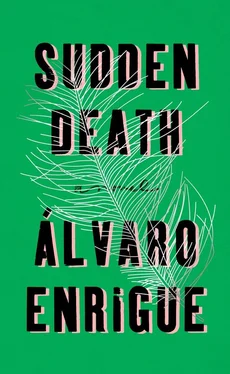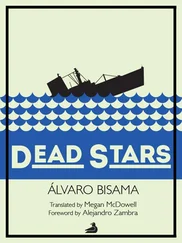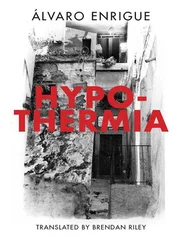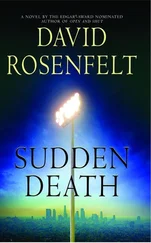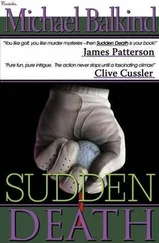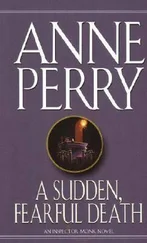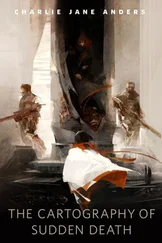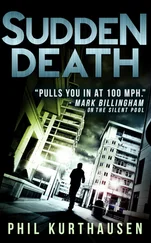Borromeo wouldn’t have been opposed to the idea. Pope Pius IV couldn’t have cared less, so long as he could watch the conflagration from the comfortable vantage point he enjoyed as last pope of the Renaissance: listening to music, eating well, enjoying the company of friends.
Ball Games and the Ancients

The Romans played four kinds of ball games: follis, trigonalis, paganica , and harpastum. Follis was the game of large and small balls inflated with air; the large ball was hurled by naked players, their fists clad in metal up to the elbow, the whole body smeared with clay and oil — an unguent they called ceroma . Another was called trigonalis , whether because the room in the baths where it was played was triangular, or because the players were three. The third was called paganica , because it was played by the villagers, who in Latin were called pagani : now the ball was of cloth or leather, rather loosely filled with wool, feathers, or hair. The fourth and last game, harpastum , was played with a very small ball on a dusty floor. None of these ball games exist any longer. Instead, leather balls tightly packed with hair are played with sticks. There is a ball inflated with air that is used in Flanders and Florence and it is called valone , and there is the racket, very much employed in Rome.
Letter from LICENCIADO FRANCISCO CASCALES to FATHER M. FR. FRANCISCO INFANTE of the Carmelite Order, 1634

The vagaries of sixteenth-century Mediterranean politics made Vincenzo Giustiniani, heir to the all-powerful banking house of San Giorgio in Genoa, a poor boy. The Turks had invaded the island of Chios, property of his father and seat of the Giustinianis’ financial empire, and, along with the land, his family had lost absolutely everything. Shattered and destitute, they had gone to Rome when the future banker was two years old.
The Giustinianis of Genoa had been the main financiers of the Spanish empire and had swung bloodily and without warning from extreme opulence to utter helplessness, the common state of immigrants in Rome. To make matters worse, they arrived stigmatized as conversos because working in finance was so reviled at the time. In the portrait that Nicolas Régnier painted of Vincenzo Giustiniani in the 1630s, a trace remains of that stigma: his face is endowed with a nose so extreme that it nearly covers his mouth.
In time, Vincenzo’s father recovered his fortune and perhaps even increased it — his new clients, who were the Crown of France and the Vatican, were more reliable payers than the Philips of Spain. But to do so he had to embark on a regimen of work and savings that shaped his sons’ sense of professional discipline — Vincenzo’s brother, a priest, was the pope’s accountant — as well as political affiliation: they never forgave Philip II for failing to offer them asylum in their hour of need for fear of being called a converso phile.
This is why it’s so disconcerting for historians that Pedro Téllez Girón, Duke of Osuna, paid Vincenzo Giustiniani an unexpected visit at the end of September 1599. Likely Girón, weary of being hounded by King Philip, believed that he could spark some kind of alliance that would restore luster to his house — a luster long lost, to be frank, and for which the fortune that had come to him by marriage was a respite but not a safe haven. Maybe he had already decided by then that when he was back from Rome he would go to Flanders to fight, and he dreamed of mustering an army with a capital greater than Catalina’s. Or maybe he was simply seized by nostalgia for the years when his father had visited Chios to negotiate the loans that allowed Philip II to build mines in New Spain and Peru.
It was at the Palazzo Giustiniani that Pedro Téllez Girón learned that the dazzling painting of the calling of Saint Matthew that he’d seen at the church of San Luigi dei Francesi had been done by an artist without a proper name, who was known as Caravaggio.
Osuna hadn’t the slightest intellectual tendencies. His loyalty to Francisco de Quevedo is a mystery that can be explained only by the fact that the poet, so cerebral and unyielding, also had — when he wasn’t translating Latin verse or writing treatises — a rakish and swaggering side as powerful as his monster brain.
With the years and the investment in bribes made with his wife’s money, Pedro Téllez Girón became a politician graced with pen-pushers and pettifoggers who wrote his letters for him, but in the autumn of 1599, when he was received at the Roman offices of the bank of San Giorgio, he wasn’t in correspondence with anyone, nor did he keep written records of anything. It’s likely he was a functional illiterate and this was precisely why he dragged his personal poet along everywhere — though Quevedo didn’t take notes either. There is no record of the meeting between Osuna and Giustiniani other than a note by an anonymous secretary, who on September 28 of that year wrote in the guest book of the palace on Piazza di San Luigi: “Visita di P. Girone, nobile e fuggitivo spagnuolo.” And then it is recorded that he was received in the trophy hall, which suggests that the banker had no intention of doing business with him.
The Palazzo Giustiniani was as sober as its owner. In any other residence of this type there might be tapestries and taffetas, but here there were only bookcases; where there might have been long rugs and cushioned chairs, the banker had terra-cotta and tile floors and uncomfortable Savonarola chairs. If at palaces like Cardinal del Monte’s there were endless galleries hung with paintings from floor to ceiling, in Giustiniani’s house the paintings were separated by blank stretches of whitewashed wall that must have given his visitors agoraphobia.
Of all the works that made up his legendary collection of art, the only one allotted its own room — the studiolo , separate from the bank’s office — was Caravaggio’s Judith Beheading Holofernes . He had it behind a curtain, which he opened before sitting down to eat or work and closed when he left, as if the gaze of the servants who cleared the plates or swept the floor might wear it out. If Osuna and his poet were very lucky, they might have seen it, since before it came to rest on the secular altar where he hid it away, Giustiniani kept it in the trophy hall, another space off-limits to the women and children of the household.

To say that in the second game the artist crushed the Spaniard is an understatement. The poet could hardly carve out a point despite the superhuman effort with which he chased the ball, trying desperately to take the sizzle off his opponent. The Lombard floated on the service side with the implacable grace of a clock made of flesh. During the changeover an aura of precision and strength had settled about the painter, leaving the poet certain of being a simpleton, a laggard, a newcomer to every fight. He felt dull, aged, unctuous, more Spanish than ever, and so conscious of his lameness that it seemed the whole universe: his right leg was short a third of a span and that third was where the painter was putting the ball over and over again. It wasn’t that he was doing anything wrong: the artist had simply been seized by one of his spells of perfection. Quaranta — quindici, the mathematician cried again. The duke had forgotten by now that he too had the right to call points and even dispute them: his mouth was good for nothing but swallowing saliva.
Читать дальше
